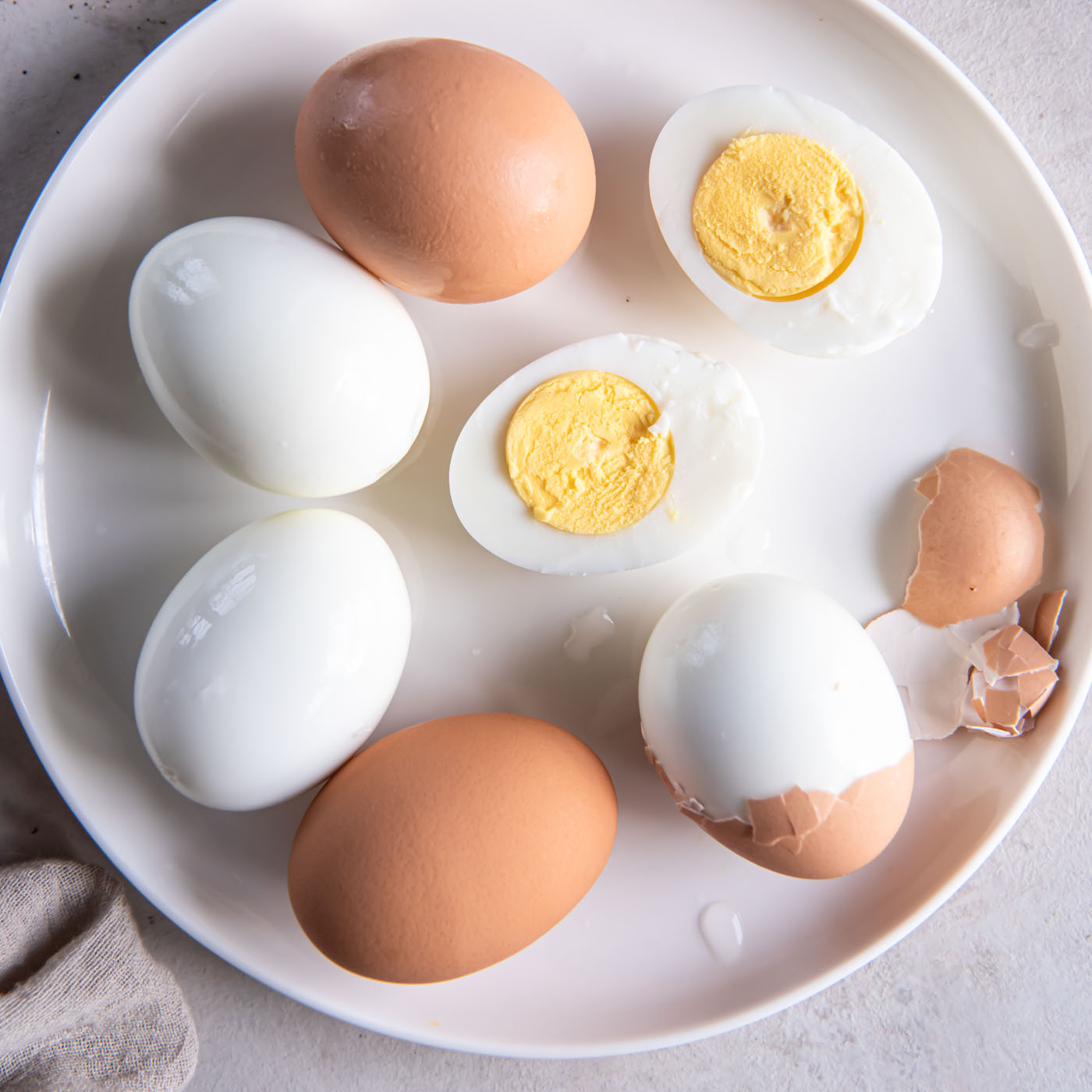Autumn brings colds and busy schedules, so it is natural to look for simple, everyday ways to support health. Eggs are a convenient, affordable food that contain several nutrients linked to immune function. While no single food prevents illness, including eggs regularly as part of a varied diet can help you meet nutrient needs that matter for immune health. In this instalment of Egg Essentials with Dietitian Hana, I outline the key nutrients in eggs, explain how they support health, and share simple meal ideas you can try this week.
Key nutrients in eggs and what they do
Vitamin D
Eggs supply vitamin D, a nutrient involved in immune regulation and bone health. Many Canadians do not meet recommended vitamin D intakes from sunlight alone, especially during colder months, so focusing on foods that contain vitamin D, like eggs, is a practical way to increase your dietary intake.
Protein
Protein provides the building blocks the body uses to make immune cells, antibodies and the enzymes those cells need. Eggs delivers high-quality protein with all essential amino acids. One serving (two eggs) provides about 12 g of protein, so adding eggs to a meal is an easy way to boost protein. Pair eggs with vegetables and whole grains to round out the meal and support overall nutrient intake.
Choline
Choline helps protect cells from damage, including cells in the immune system. It is especially important during pregnancy and early childhood when the brain is still developing. Eggs are one of the richest single food sources of choline, so eating them regularly is an easy way to this nutrient to your meals.
Selenium
Like choline, selenium helps protect cells from damage, including the cells that make up the immune system. It is a component of antioxidant enzymes that neutralize harmful molecules and reduce cellular stress. Eggs contain selenium, so including them regularly can contribute to meeting your dietary needs for this mineral.
Lutein, zeaxanthin and vitamin A
Vitamin A helps keep skin and the linings of the gut and airways healthy, and these tissues act as a first line of defense against germs. Lutein and zeaxanthin are antioxidants that protect cells, including immune cells, from damage caused by harmful molecules. Egg yolks contain vitamin A, lutein and zeaxanthin, and the fat in the yolk helps your body absorb these nutrients. Including eggs in meals is a simple way to add these immune-related nutrients to your diet and support overall nutrient intake.
It is important to understand that no single nutrient or food can prevent illness. Nutrients work together as part of a larger picture. A balanced diet that includes fruits and vegetables for vitamin C and fibre, whole grains for energy and eggs for concentrated nutrients is a practical way to meet your needs. Think of eggs as an efficient, high-quality source of protein and several micronutrients that fit well in balanced meals.
Practical immune friendly egg meals
Try these simple recipes that pair eggs with other immune supportive foods. All are easy to adapt for families.
- 1. Comforting egg and miso soup
Warm broths are soothing in cold weather. Add miso, shredded greens and a soft poached egg on top. The warm runny yolk adds creaminess and extra protein. If you’re like me, and love soups at this time of year, give this Poached Egg Soup a try as well. - 2. Spinach, mushroom and egg grain bowl
Sauté mushrooms with garlic, toss with cooked farro or quinoa and toss in baby spinach until just wilted. Top with a fried or poached egg and a drizzle of olive oil. - 3. Curried egg and lentil salad
Mash hard boiled eggs with a little yogurt and curry powder. Fold into cooked lentils with chopped apple for crunch. Or try this Za’atar Lentil Power Bowl for another version of egg and lentil pairing. - 4. Mini frittata muffins with peppers and sweet potato
Whisk eggs with grated sweet potato, diced peppers and a handful of spinach. Bake in a muffin tin until set. These are portable and useful for quick lunches. For a cheesier version, try this Farmhouse Frittata.
As the weather cools, small practical steps can help support your nutrition. Eggs are an easy, affordable way to add high quality protein and several micronutrients that contribute to immune function when eaten as part of a varied diet. Aim to include eggs several times a week and pair them with vegetables, whole grains and legumes to build balanced meals. Try one of the recipes above this week or batch cook a few portions for quick meals on those busy weekdays.





